ORGANOID TECHNOLOGY
Identification of stem cells in small intestine and colon by marker gene Lgr5
Nature, October 2007
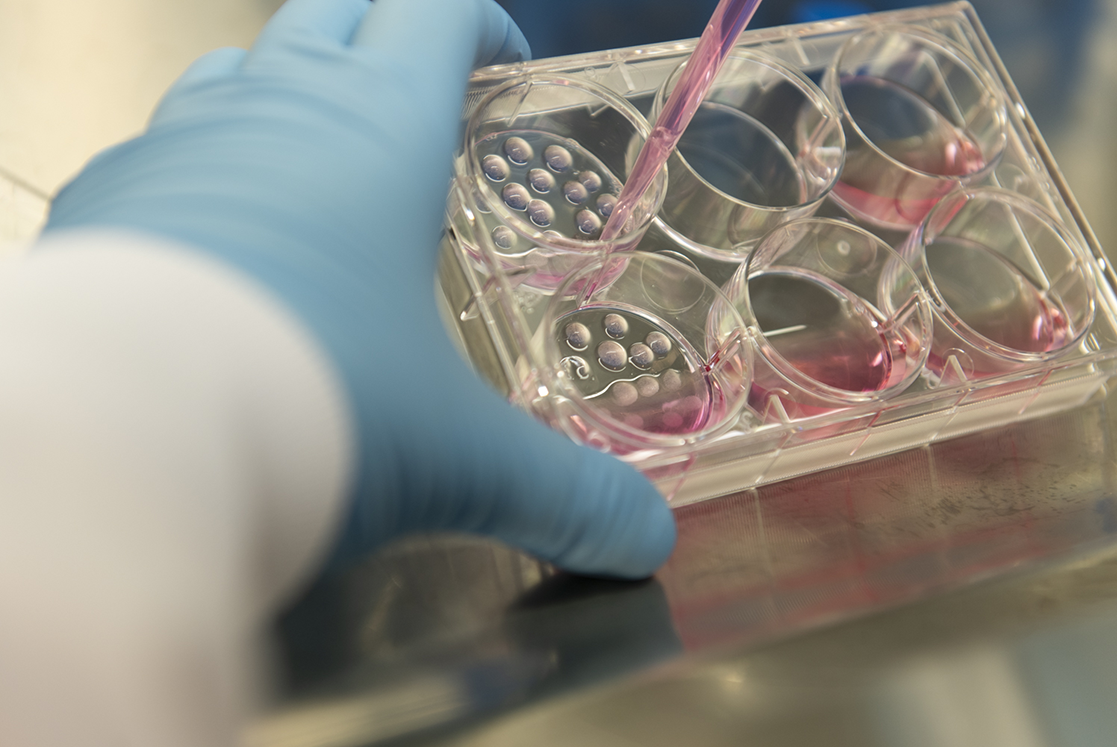
Our IP-protected technology is based on the ground-breaking discovery of Lgr5+ stem cells in the adult intestine, which subsequently led to the development of the first “mini organ in a dish“. Our technology does not require reprogramming or transformation of stem cells, therefore enabling the development of diseased as well as healthy organoids which preserve the genetic and epigenetic makeup of the original tissue, including clinically-relevant mutations of each patient. Our protocols have been developed, optimized, and standardized for a range of organs and disease types to allow the development of living biobanks of patient-derived organoids that are stable in long-term culture, can be expanded and cryopreserved for multiple applications.

HUB Organoids receives 2024 Frost & Sullivan Technology Innovation Leadership Award
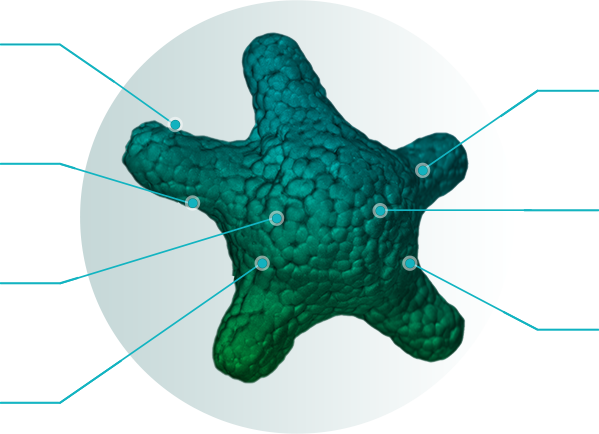

Over the years, we have maintained a vast collection of established patient-derived organoids from different species, organs, and human pathologies. To uphold the utmost quality, our organoid models are subjected to rigorous quality control protocols, ensuring their thorough characterization through DNA- and RNA-seq analysis. Our organoid models can be employed in our screening setup, services spanning from lead identification and optimization to co-clinical trials, enhancing the prospects of success during your clinical application.
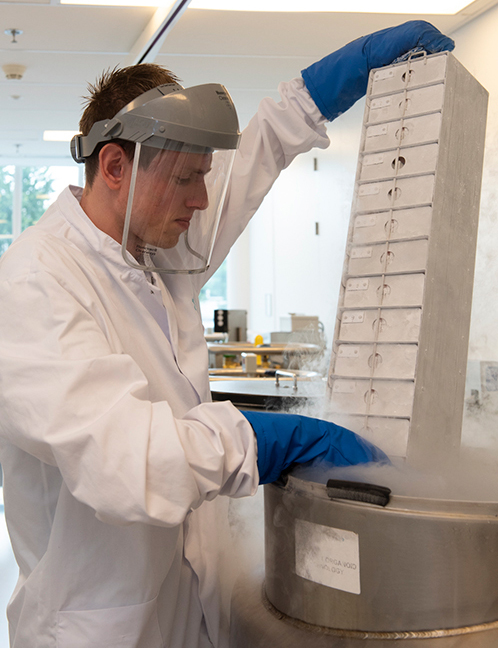
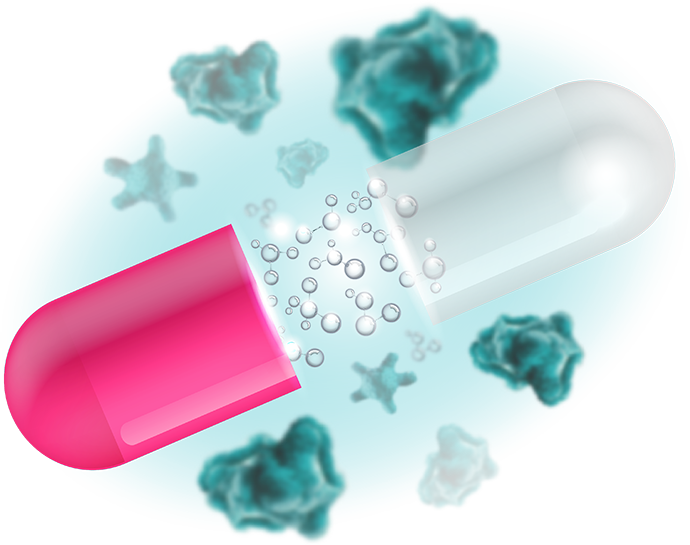
Reduce drug attrition and predict patient response with our preclinical services and clinical trials in a dish
Link
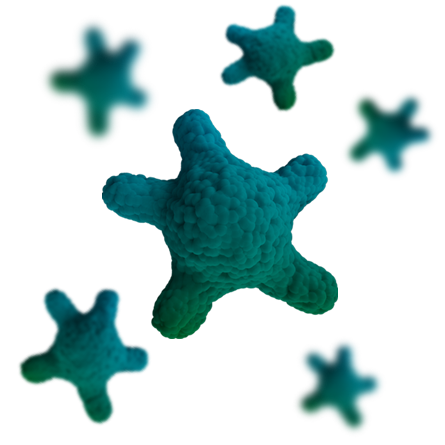
Decipher the complexity of the human disease with our custom model and assay development
Link
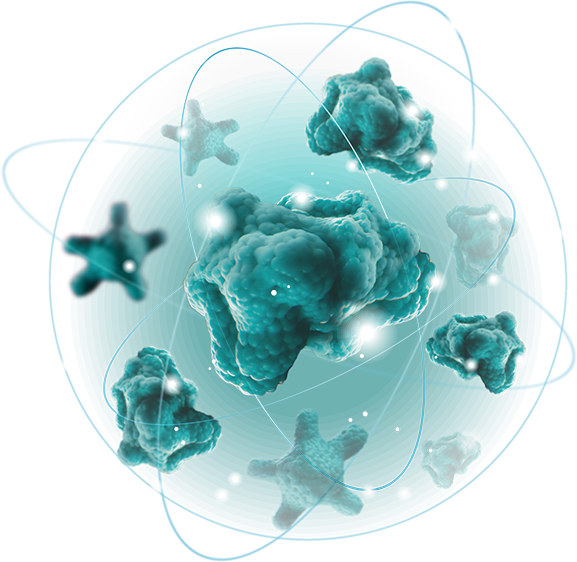
Bring HUB Organoid Technology and
knowhow in-house
Link
ORGANOID TECHNOLOGY
Nature, October 2007
ORGANOID TECHNOLOGY
Nature | May 2009
CYSTIC FIBROSIS
Cell Rep | February 2019